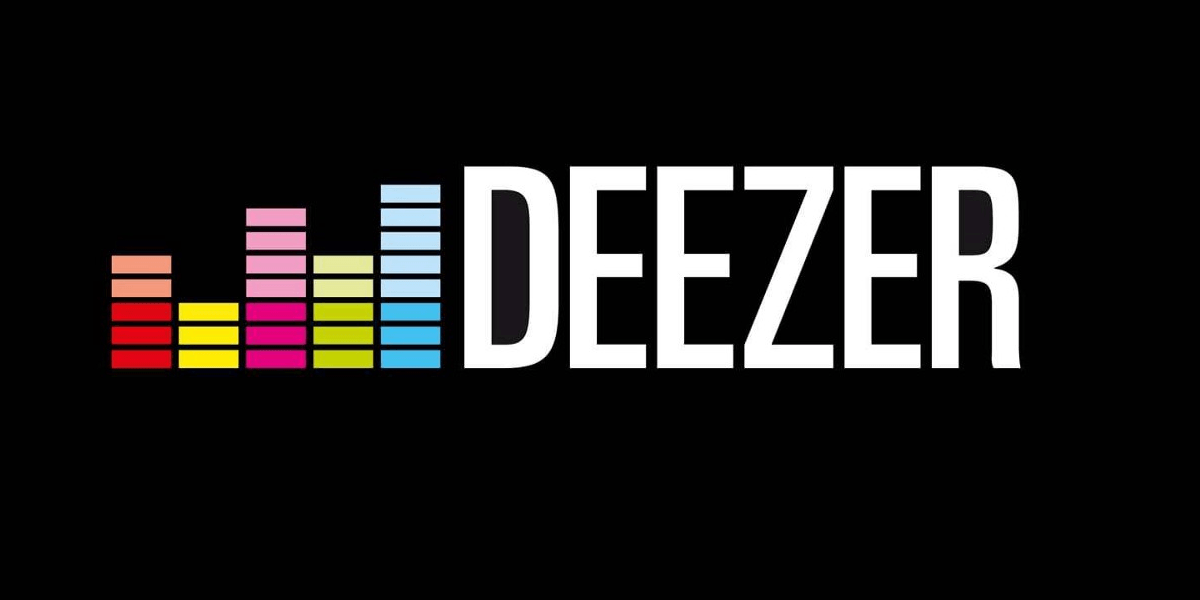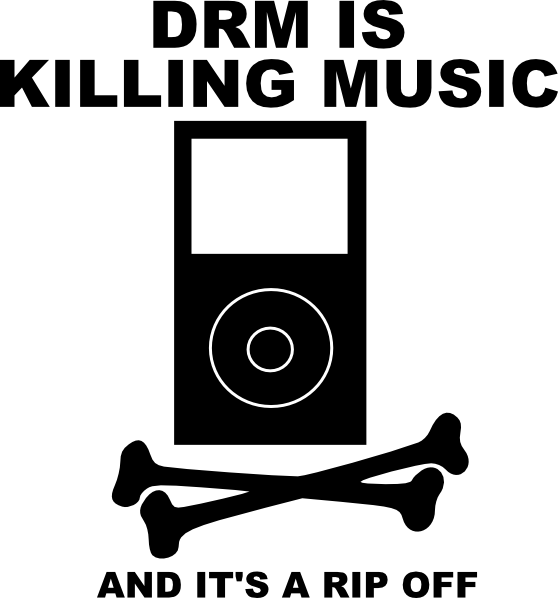
But that doesn’t make the arguments invalid.

Cynics may say that it’s easy to say that you’d support something when it’s so unlikely to come about, and that the real message of the piece is “Don’t bring antitrust measures against us – it’s not our fault”. It’s hard to believe that just 3% of the music on the average iPod is enough to lock users into buying only iPods in the future.īut nonetheless, Apple would very much like a DRM-free world. You can choose an open-source operating system such as Ubuntu or Fedora Linux. The good news is that you can avoid DRM by making a few smart choices with your software. The remaining 97% of the music is unprotected and playable on any player that can play the open formats. While there’s nothing wrong with DRM in principle, it’s perfectly understandable if some users don’t want it on their computers. This means that only 22 out of 1000 songs, or under 3% of the music on the average iPod, is purchased from the iTunes store and protected with a DRM. Today’s most popular iPod holds 1000 songs, and research tells us that the average iPod is nearly full. Drm Free Music We have seen a significant change in the music industry many companies are shifting to provide music free of privacy to expand their usage. Steve Jobs has just posted his response on the Apple site. The drm free music lets you create remixes, use the song as background music in your videos, and allow access to any handheld music device. Nonetheless, they’ve come in for some criticism recently because they don’t license their DRM to anybody else. All DRM systems make me slightly uneasy, but it’s hard, I think, to find another company that has incorporated one as well as Apple.

Their DRM (Digitial Rights Management) system allows you to make enough copies of your music on enough devices that it will seldom be an encumbrance to anybody, while not being a free-for-all that the music industry couldn’t accept. One of Apple’s biggest achievements in the creation of the iTunes/iPod system was the balance that it managed to strike between the needs of customers and the needs of the recording industry.


 0 kommentar(er)
0 kommentar(er)
